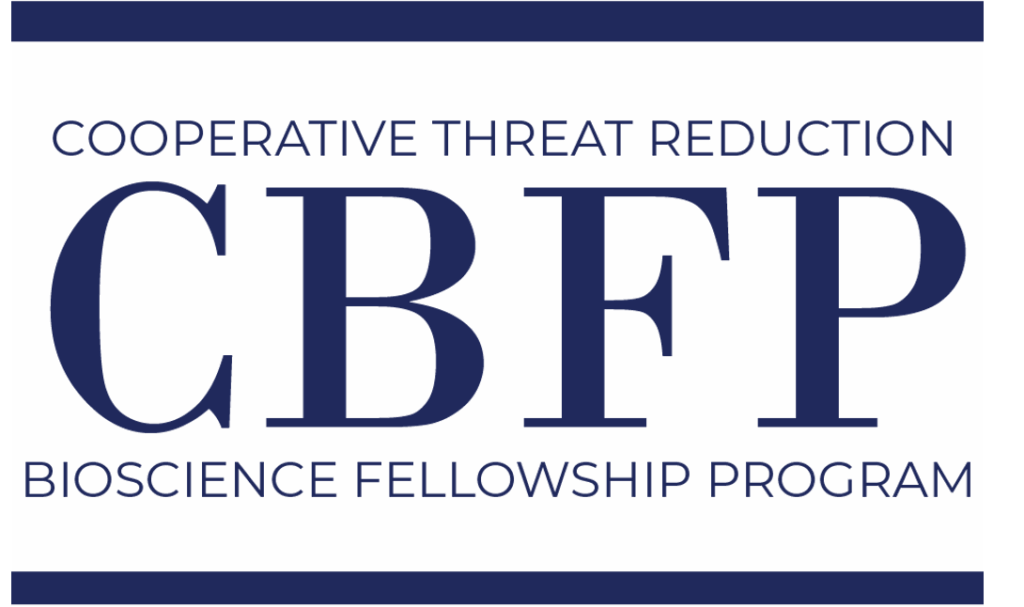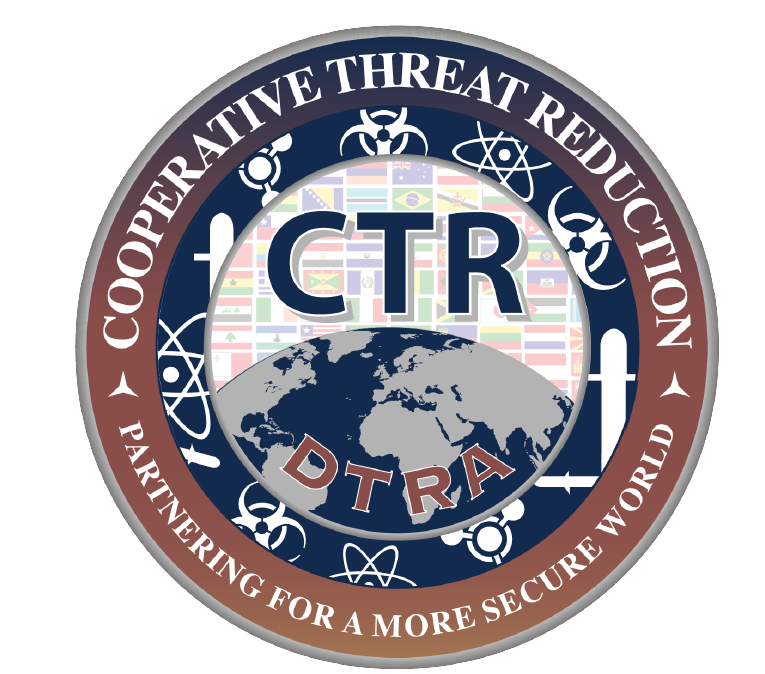
Why Join CBFP?
The United States Defense Threat Reduction Agency (DTRA) Cooperative Threat Reduction Bioscience Fellowship Program (CBFP) seeks to strengthen partners’ technical capacities in the areas of biosafety, biosecurity, and detection. This program supports mid-career biological scientists in advancing their technical skills, developing professionally, and fostering international collaboration through impactful projects. Fellows should have an established role or clear career trajectory that enables them to contribute to sustainable improvements in their home institutions and countries, enhancing their capabilities to address risks associated with high-threat pathogens.
The CBFP will award up to 24 fellowships from partner countries. Selected fellows will conduct a fellowship for up to six months at a host institution in a country different than their home country. Fellow selection will be based on the alignment of the fellow’s needs and interests with the capabilities and expertise of the host institution. Funding for this fellowship program is provided by DTRA.
Program Goals
- Build local and regional capacity for detecting, diagnosing, and reporting infectious diseases caused by high-threat pathogens.
- Institutionalize internationally accepted principles of biosafety and biosecurity.
- Promote the responsible conduct of science, ensuring ethical and sustainable practices.
- Develop personal competencies in support of detection, characterization, and mitigation of outbreaks caused by high-threat pathogens.
- Foster international collaboration and knowledge exchange.
Fellowship Focus Areas
Primary Areas:
- High-threat pathogens
Secondary Areas
- Biosafety and biosecurity of infectious disease diagnostics.
- Strengthening capabilities to detect, characterize, mitigate, and report on high-threat pathogens.
- Institutionalization of biosafety and biosecurity best practices and principles.
